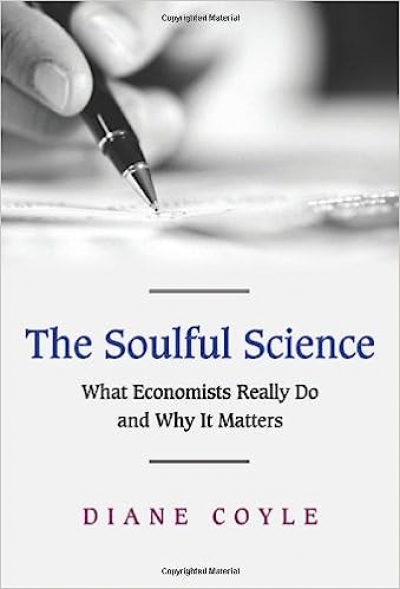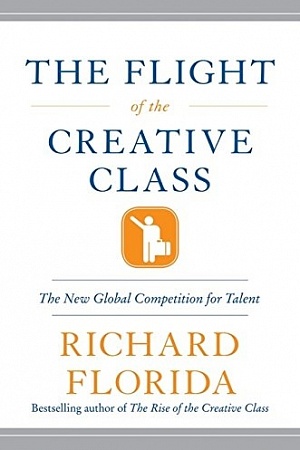The Soulful Science: What economists really do and why it matters
Princeton University Press, $48.95 hb, 279 pp
A Passionate Guide
Diane Coyle has a passion for economics and believes that the object of her passion should possess a soul. She fails to convince on this point, but that is of little account. She has written an absorbing book that sets out what economists do and that provides a commentary on current thinking.
Economics claims rigour. It starts with unambiguous definitions and simple propositions that are capable of being tested through applying data to models. The basic model is that of the competitive market, comprising well-informed agents with clear preferences and motivated by self-interest. This model provides a set of tools for analysing the real world and a language with which to express results. The basic model is contentious when it is taken to be prescriptive. The ‘economic rationalist’ project aims to universalise a free and unfettered market. It is attractive to its stronger adherents partly because it is so simple and hence self-evident. This is one reason why economics is widely reviled: it is reductionist; its assumptions are simplistic, insulting, or both. (Amartya Sen, a Nobel prize-winning economist, famously described the selfish, calculating agents of economic theory as ‘rational fools’.) The world does not work the way economists assert it does. If it did, who would want to live in such a place? Economics also invades territories that should be none of its business. (Gary Becker was awarded a Nobel Prize for applying it to the better understanding of social issues such as drug use and marriage.)
Continue reading for only $10 per month. Subscribe and gain full access to Australian Book Review. Already a subscriber? Sign in. If you need assistance, feel free to contact us.



-RAI.png)






Leave a comment
If you are an ABR subscriber, you will need to sign in to post a comment.
If you have forgotten your sign in details, or if you receive an error message when trying to submit your comment, please email your comment (and the name of the article to which it relates) to ABR Comments. We will review your comment and, subject to approval, we will post it under your name.
Please note that all comments must be approved by ABR and comply with our Terms & Conditions.